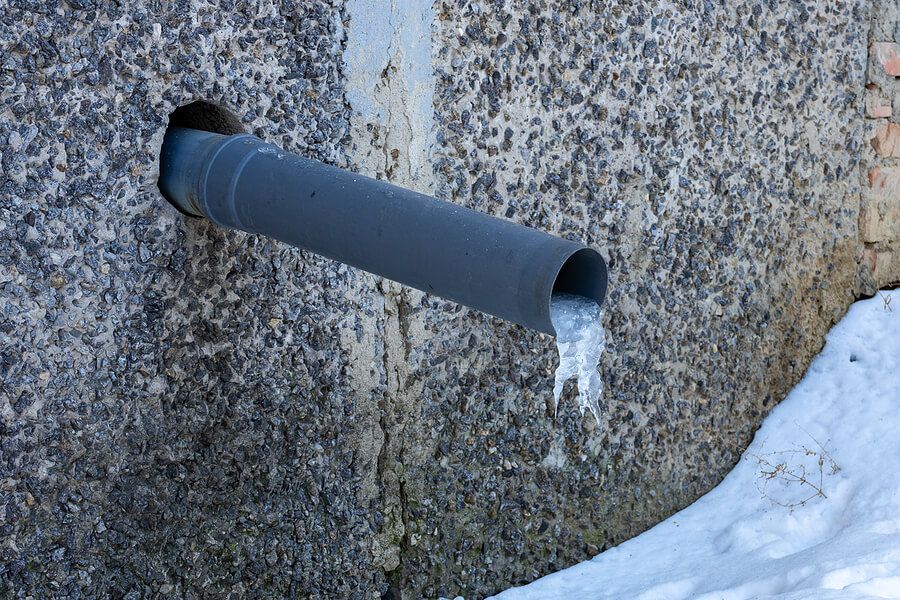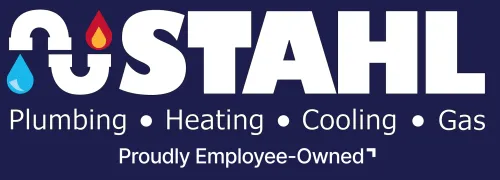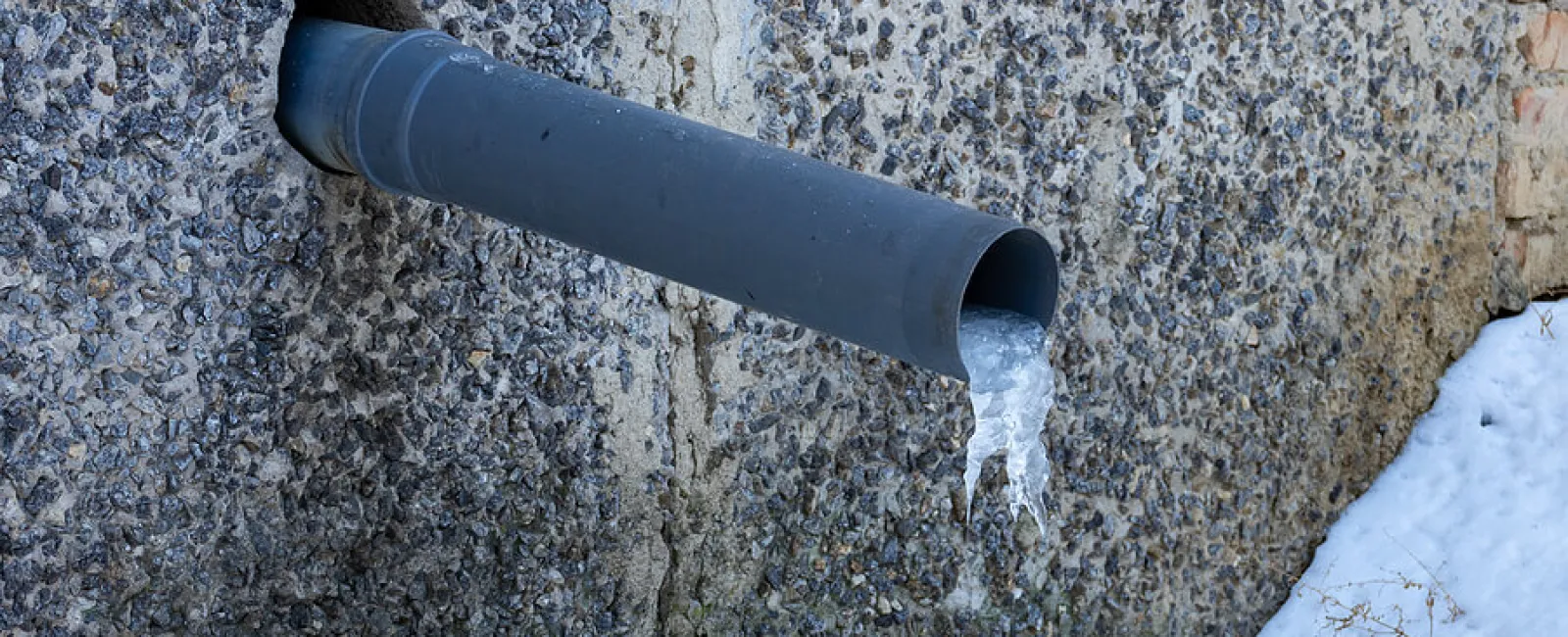When water freezes it expands, so not only will ice clog your pipes, but it can also burst them. Many homeowners have happily left for a holiday and turned down the heat to save on gas or electricity. Unfortunately, those few dollars in savings can't compare to the cost of replacing a house full of damaged walls and ruined floors caused by a ruptured pipe. If you've ever googled, "Should I turn off water if pipes are frozen" or "Does the heat of my house affect my pipes?" this blog is for you!

What You Can do to Prevent Your Pipes from Freezing
Here are some of our best tips to keep the water in your pipes moving smoothly:
Turn up the heat in your house to ensure the temperature doesn't fall below 32 degrees.
If your pipes are on an outside wall and inside a cabinet (like in the kitchen or bathroom), open the cabinet doors.
Insulate any pipes that are not easily heated by your home's air. Stahl's offers specialty sleeves and heat wrapping as preventative care.
Consider blowing a space heater onto the pipes (but be sure it has a safety mechanism in case it gets knocked over). Letting water drip to prevent frozen pipes also works well. The warm water will work like a heater and keep things from freezing over.
Turn off the water at the main source.
To winterize outdoor faucets, take these precautions:
Remove and store all hoses.
Drain the remaining water from the faucets.
Make sure no leaks or drips exist.
Encase faucets with outdoor faucet covers.
Pittsburgh Weather and Frozen Pipes
From the end of November to the end of February, Pittsburgh's temperature averages 32 degrees, hovering at the freezing mark most of the time. Snowfall can reach as much as 23 inches in a single day, and Pittsburgh and Allegheny residents expect 40 inches of snow annually. Preventing your home's pipes from freezing is essential when living in Pittsburgh.
Stahl Plumbing, Heating and Air Conditioning provides expert advice about winter care of your home's pipes and much more. Stahl has been committed to providing service to Pittsburg and Allegheny County for over 63 years and offers affordable prices to residential and commercial customers alike.
What to Do if a Pipe Freezes
If you do have a pipe freeze, shut off the water at the main source and thaw the pipe using a source of heat such as a hair dryer. Be careful at this point, because the ice may have caused a leak and then plugged the hole when the water froze. When you thaw the ice, you may have a mess on your hands, so be ready with some towels and a mop and bucket. Once you thaw the pipe, turn the main supply back on.
If you have a frozen pipe burst, despite your best efforts, Stahl recommends taking these steps:
Shut off the water - This means turning it off at the street. If you don't have access to this, contact the city.
Locate the break - See if you can find where the break has occurred. It could be a simple fix, but you will most likely need professional assistance.
Repair the pipe or have it repaired - While everyone likes to save money, remember that you don't want to have to deal with the same problem in the future. It is worth the extra cost upfront.
Clean and dry your home: Make sure you get all the water up to prevent mold and mildew.
A Home Flooded from a Burst Pipe
To repair frozen and ruptured pipes, Stahl plumbers must open your home's walls. Once repaired, they will put time and care into restoring your home to its original condition.
With a typical damage claim for pipe-related flooding costing $50,000, no homeowner wants to experience such a nightmare. The emotional and financial toll that frozen pipe-related flooding causes surmounts the prevention efforts.
Stahl Plumbing, Heating and Air Conditioning knows Pittsburgh and Allegheny County winters better than anyone. Prepare your pipes for cold weather and avoid the heartache of pipe-related flooding. Contact us today!

